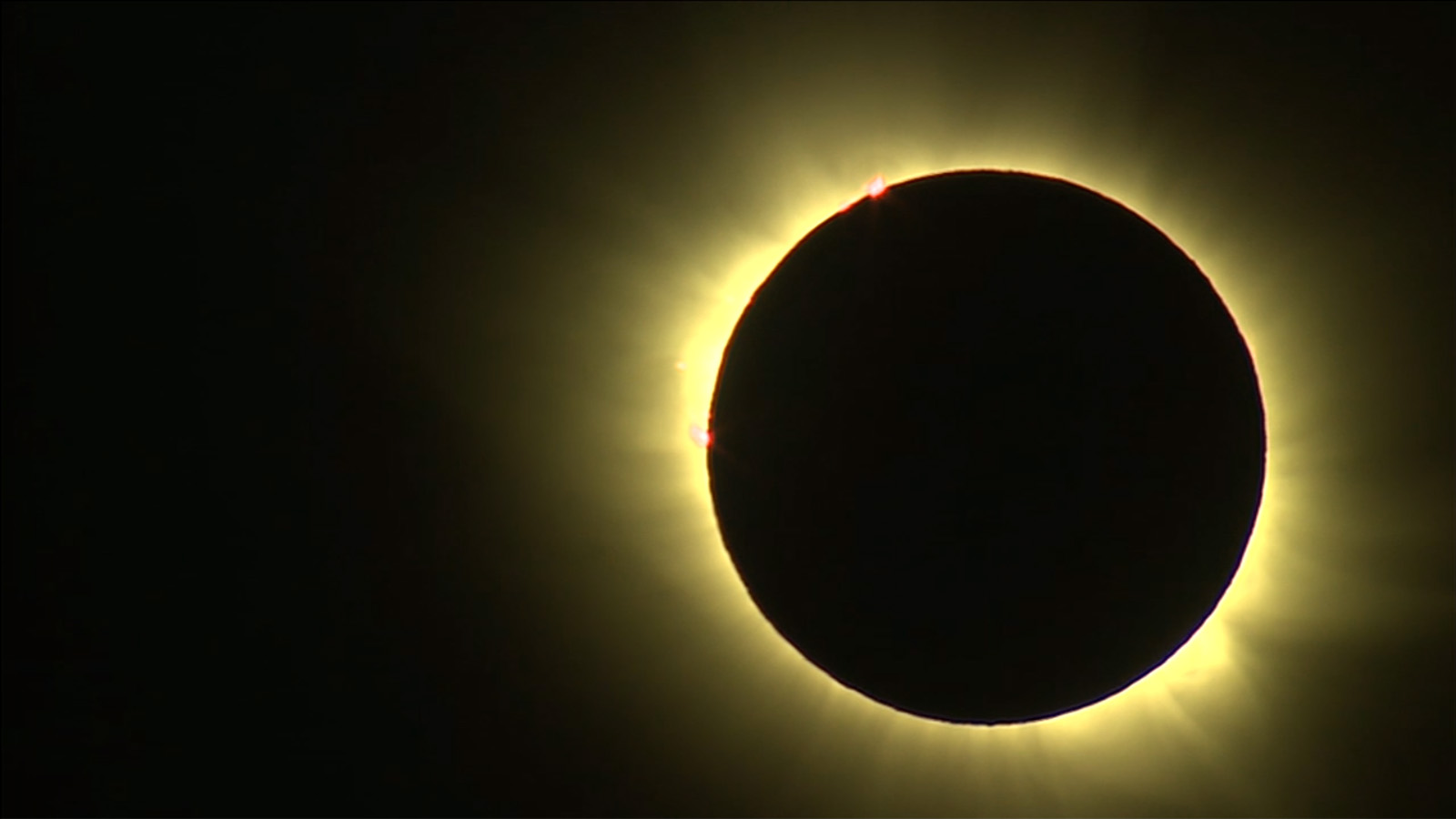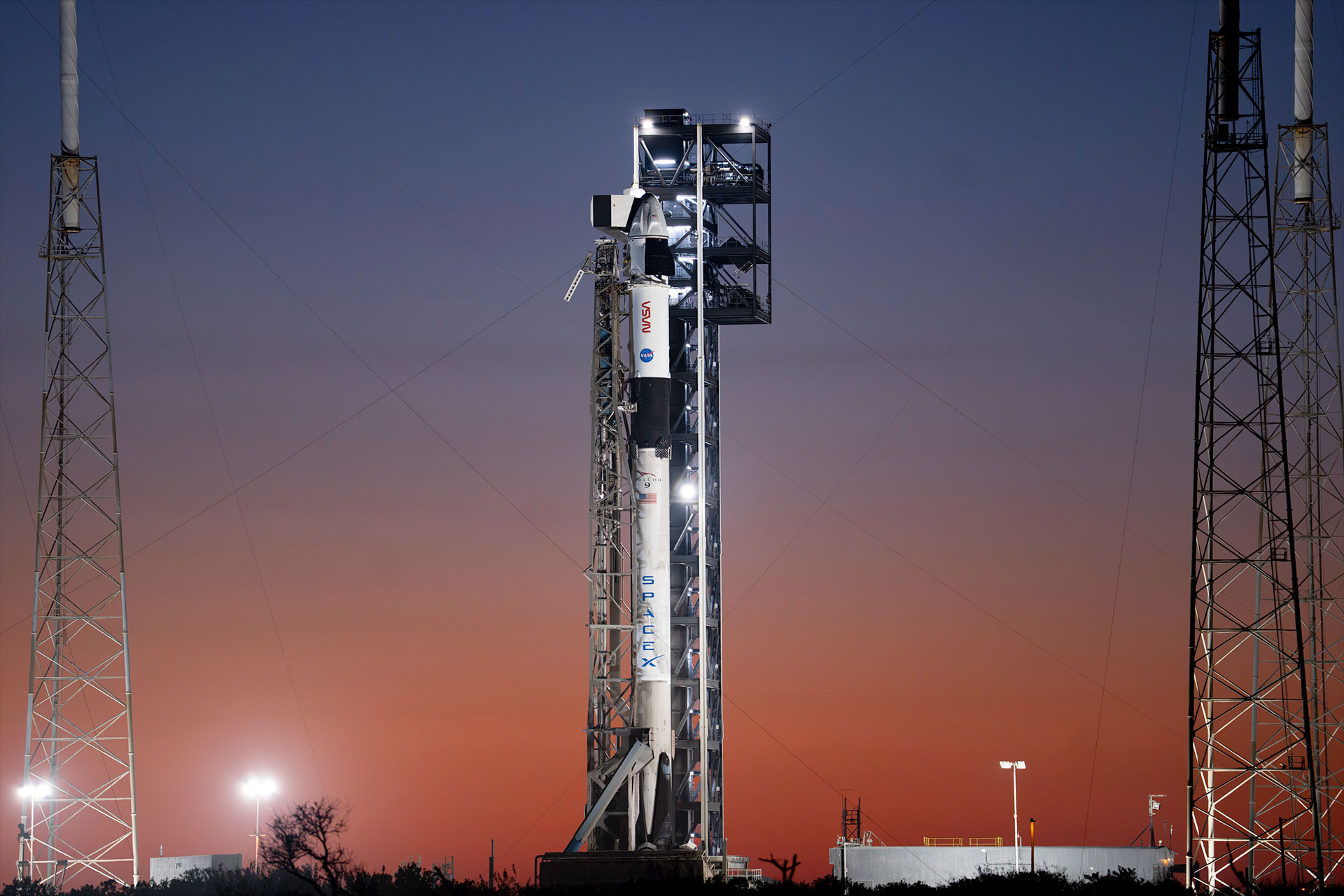Total Solar Eclipse Can Make You Shiver (a Bit)

Breaking space news, the latest updates on rocket launches, skywatching events and more!
You are now subscribed
Your newsletter sign-up was successful
Want to add more newsletters?

Delivered daily
Daily Newsletter
Breaking space news, the latest updates on rocket launches, skywatching events and more!

Once a month
Watch This Space
Sign up to our monthly entertainment newsletter to keep up with all our coverage of the latest sci-fi and space movies, tv shows, games and books.

Once a week
Night Sky This Week
Discover this week's must-see night sky events, moon phases, and stunning astrophotos. Sign up for our skywatching newsletter and explore the universe with us!

Twice a month
Strange New Words
Space.com's Sci-Fi Reader's Club. Read a sci-fi short story every month and join a virtual community of fellow science fiction fans!
A solar eclipse in March 2015 produced a slight but noticeable drop in temperature in the Norwegian archipelago of Svalbard, a new paper shows — and the team's getting ready to observe another eclipse tomorrow.
A thermometer hanging from a camera tripod recording the eclipse observed the temperature drop 15 degrees Fahrenheit, from 8 F to -7 F (-13 to -22 degrees Celsius). Automatic temperature and pressure sensors showed only slight effects, however.
"Svalbard was central in the path of totality, and had completely clear skies," read the abstract of a recent paper on the research published in the Philosophical Transactions of the Royal Society of London. "Measurements of shaded air temperature and atmospheric pressure show only weak, if any, responses to the reduced insolation." (Insolation refers to solar radiation hitting a given area.)
The paper was part of a special theme issue concerning the 2015 eclipse, which was partially visible from the United Kingdom. Lead author Jay Pasachoff, an astronomy professor at Williams College in Massachusetts, plans to follow up the research by observing two more solar eclipses in the next year, the college's representatives said in a statement.
Tomorrow (Sept. 1), Pasachoff's team will be at the Isle de la Réunion in the Indian Ocean east of Madagascar to observe an annular solar eclipse, which occurs when the moon blocks all but a thin circular ring of the sun. This will be Pasachoff's 64th solar eclipse and 16th annular solar eclipse.
Next year, he will visit Salem, Oregon, where his team will attempt to observe a total solar eclipse on Aug. 21, 2017.
Follow Elizabeth Howell @howellspace, or Space.com @Spacedotcom. We're also on Facebook and Google+. Original article on Space.com.
Breaking space news, the latest updates on rocket launches, skywatching events and more!

Elizabeth Howell (she/her), Ph.D., was a staff writer in the spaceflight channel between 2022 and 2024 specializing in Canadian space news. She was contributing writer for Space.com for 10 years from 2012 to 2024. Elizabeth's reporting includes multiple exclusives with the White House, leading world coverage about a lost-and-found space tomato on the International Space Station, witnessing five human spaceflight launches on two continents, flying parabolic, working inside a spacesuit, and participating in a simulated Mars mission. Her latest book, "Why Am I Taller?" (ECW Press, 2022) is co-written with astronaut Dave Williams.
